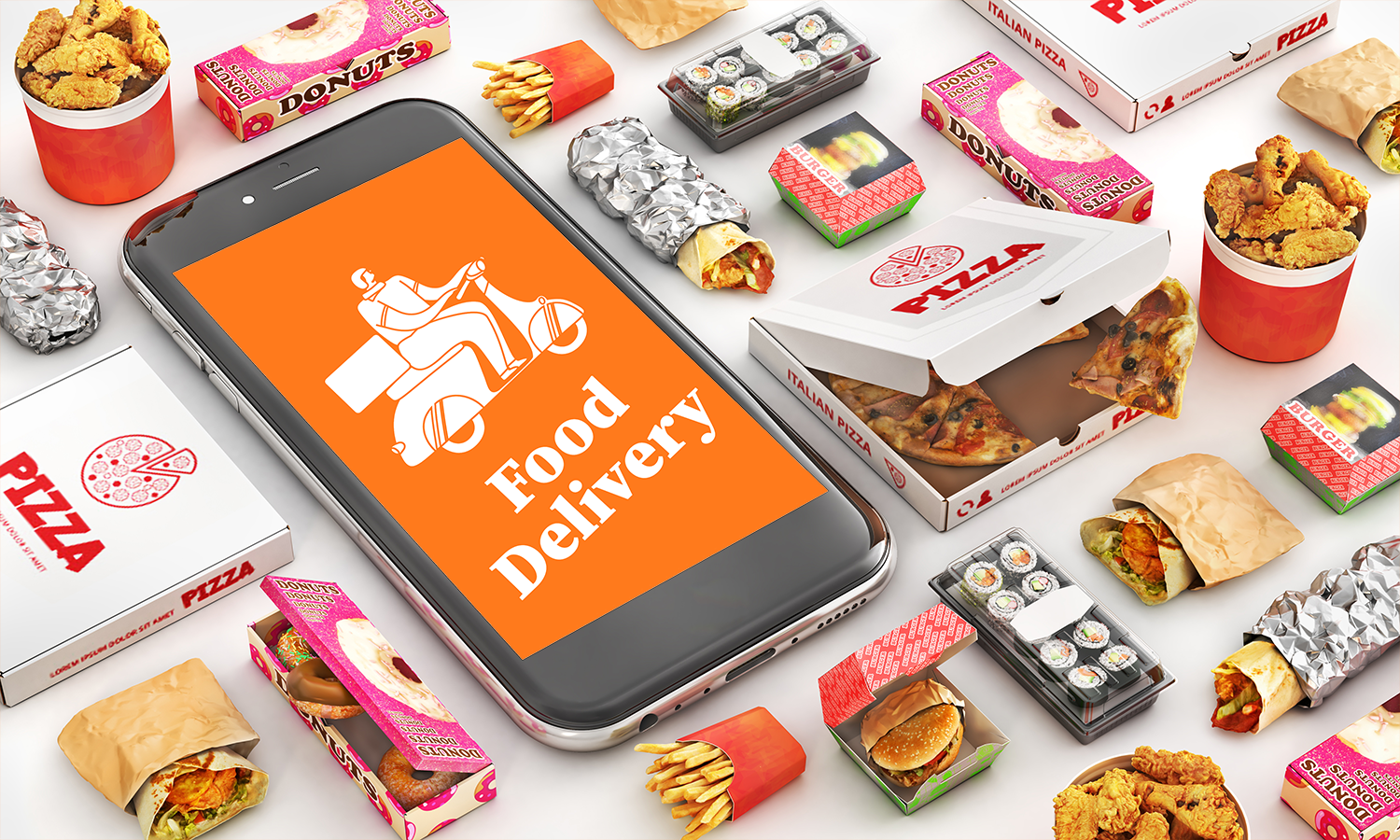Are you listening to your customers?
I don’t mean to question whether you’re responding to guest requests or complaints. I’m asking if you listen to your customers when they’re not even speaking.
I know that may sound confusing. How can you listen to someone when they’re not saying a single word? A guest not saying anything doesn’t mean that they’re not communicating and providing you with actionable information.
Are you following your guests’ data trail? Are you recognizing menu trends and tracking guest preferences at different times of the day? Sounds like an incredibly difficult task, right? Who has the time to go through all their transactions to match guest orders with social profiles and long-term dining habits?
You’re right that such efforts would take up time that you and other operators don’t have. You have 100 things that you need to be doing at any given moment. What makes tracking these trends more valuable than a staff meeting or ensuring that next week’s produce order arrives on time?
I’m not challenging you to attempt a Sisyphean task of riffling through your receipts and building graphs one-by-one. I’m challenging you to implement systems that do the work for you. What if Sisyphus, who had been punished to push a rock up a hill for all of eternity only to have it fall back again each day, had built a system that did all the work for him? What if he could constantly review that system to make it more efficient and operationally sound each and every day? That’s what intelligent systems offer modern-day restaurant operators. They do all the work in the background, so you can make decisions-based on hard numbers rather than relying on intuition.
You can leverage your skills as an operator to draw unique insights from detailed charts and reports. Manually filtering and culling data from your POS system needs to be a thing of the past. Implementing an intelligent restaurant management system, like Upserve or Venga, will ensure that you have every major data point at your fingertips. The reports are organized in a way that requires review rather than formulation. They give you the information that is hiding in plain sight. They let you see the forest for the trees in an instant.
Want to know who your best performing server is on a Friday night? Done. Want to know what new menu item is performing best with your guests? Done. Want to know who on your staff is best at upselling desserts, and the waiter who sells the most cocktails? Done and Done.












